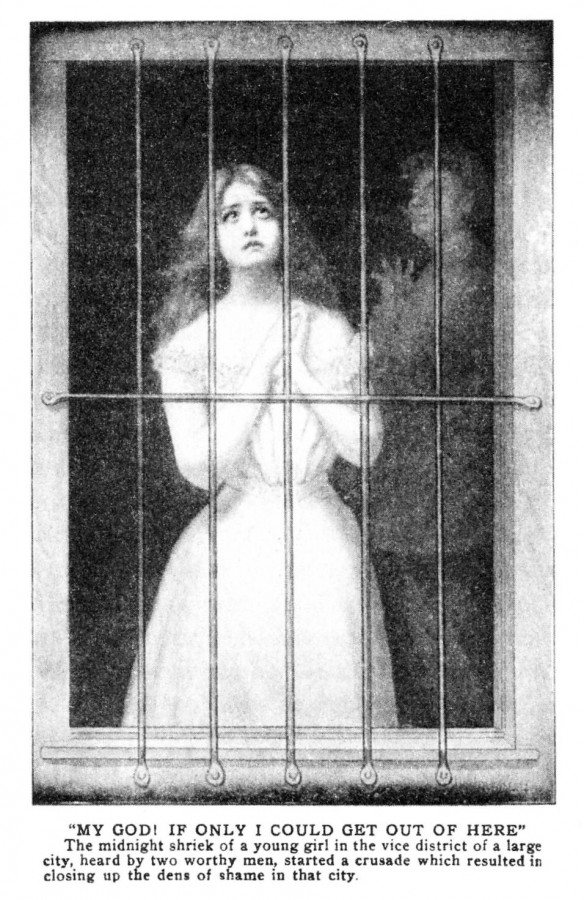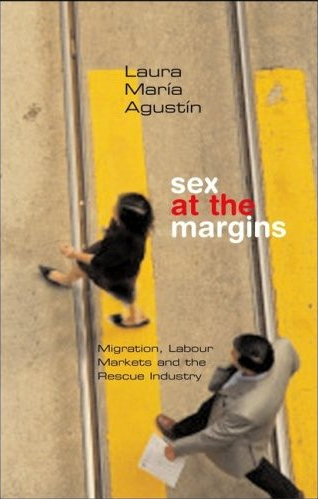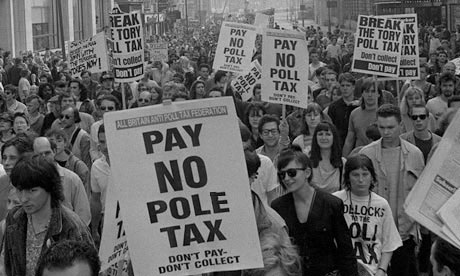It Happened To Me: I Read And Believed Nick Kristof
 Despite ample warnings about the prevalence of con men seeking to prey on easily malleable puppets like me, it is indeed a sad truth that I almost became the victim of a murky, seedy, dark, sex trafficking ring operated by equally murky, seedy, dark (-skinned) men. Eww! As we all know, prostitution—er, sex trafficking?— is never a victimless crime. Physical violence against prostituted women is underreported, which can only be true because…feminism! Indeed, all fact-based evidence to the contrary should be deeply scrutinized using right-wing silencing tactics and progressive rhetoric, ie: “You can’t possibly speak to your own experiences because your experiences perpetuate violence against women.” Furthermore, prostitution and sex trafficking are synonyms because if you disagree with that statement, you’re a pedophile! So, if you want to end modern day slavery worldwide, don’t talk about structural constraints like poverty or growing discrepancies in wealth. Instead, let the logical fallacy of “appealing to emotion” be your guide and, please, listen to my super sad story.
Despite ample warnings about the prevalence of con men seeking to prey on easily malleable puppets like me, it is indeed a sad truth that I almost became the victim of a murky, seedy, dark, sex trafficking ring operated by equally murky, seedy, dark (-skinned) men. Eww! As we all know, prostitution—er, sex trafficking?— is never a victimless crime. Physical violence against prostituted women is underreported, which can only be true because…feminism! Indeed, all fact-based evidence to the contrary should be deeply scrutinized using right-wing silencing tactics and progressive rhetoric, ie: “You can’t possibly speak to your own experiences because your experiences perpetuate violence against women.” Furthermore, prostitution and sex trafficking are synonyms because if you disagree with that statement, you’re a pedophile! So, if you want to end modern day slavery worldwide, don’t talk about structural constraints like poverty or growing discrepancies in wealth. Instead, let the logical fallacy of “appealing to emotion” be your guide and, please, listen to my super sad story.
As a woman who dabbles in psychotropic drugs like cannabis and occasionally listens to rap music—both of which, mind you, glamorize “The Game”—I should have taken heed of cultural mouthpieces’ contentions that even consensual sex for girls like me is not consensual at all. That’s why academics, the state, and philanthropists must define consent for me. Of course, being the rebel that I am, I ignored all this socially inflicted self-doubt and left the house alone, anyway. Full disclosure: I was wearing a short skirt and was slightly tipsy off a glass of wine, so I alone am responsible for any and all violence encountered. But since I clearly suffer from false consciousness—I would have worn pants, after all, had I not suffered this insufferable condition—I am certainly incapable of being held accountable for any of my actions, ever.



 This weekend, the 3rd Circuit Court of Appeals
This weekend, the 3rd Circuit Court of Appeals